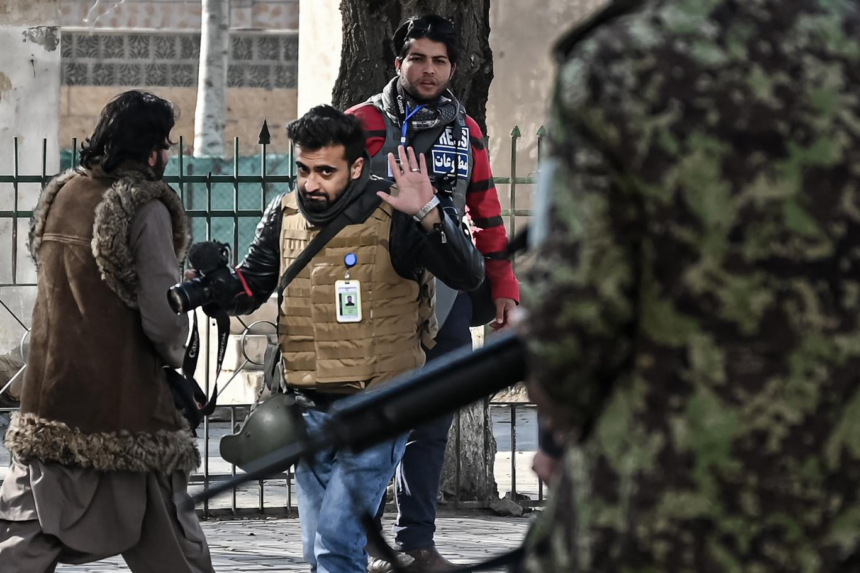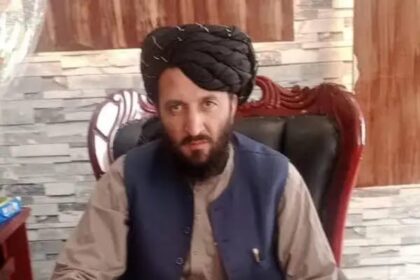RASC News Agency: Four years after the Taliban’s return to power, Afghanistan’s once-fragile media landscape has been all but obliterated. The Afghanistan Media Support Organization (AMSO) warns in its latest report that since August 2021, at least 539 documented cases of violence against journalists have taken place, marking what experts call the most sustained assault on press freedom in the nation’s history. The report, published Wednesday, August 13, catalogues a chilling pattern of repression: physical assaults, brutal beatings, arbitrary detentions, prolonged intimidation campaigns, and a climate of fear engineered to crush independent journalism. Ten journalists remain in Taliban prisons, many held incommunicado without access to lawyers, their cases buried in secrecy and their health conditions unknown.
The statistics tell a grim story: 487 male and 52 female journalists have been direct victims of Taliban harassment or violence. Those who remain active operate under suffocating censorship. Dozens of outlets have been shuttered entirely, unable to survive the dual pressures of financial strangulation and political persecution. Access to information the lifeblood of free journalism has been systematically dismantled. AMSO’s findings reveal that the Taliban’s media apparatus operates as an Orwellian gatekeeper: only propaganda and regime-approved narratives are released, while private media are ordered to report exclusively on topics the Taliban sanctions. Journalists who request official comment on issues deemed “sensitive” are met with explicit threats to abandon the investigation, or face arrest.
The consequences are devastating. Just four days ago, the Taliban forcibly closed Radio Nasim, a local broadcaster serving Daikundi and Bamiyan provinces. It is only the latest in a relentless wave of closures aimed at silencing community voices. With every shuttered newsroom, the informational blackout deepens, leaving millions of Afghanistanis cut off from independent news sources. The collapse is nearly complete. Between 65% and 70% of Afghanistan’s previously free media outlets have ceased operations since 2021. Every party-affiliated media platform has been dismantled. The remaining 25–30% of outlets are under total Taliban control, functioning as little more than state propaganda organs, stripped of independence and reduced to echoing the regime’s messaging.
Press freedom advocates warn that this is not simply a professional crisis for journalists it is the calculated erasure of truth itself. The Taliban’s monopoly on information has created a one-dimensional, state-controlled reality in which dissenting voices are suffocated before they can reach the public. The effect is a chilling silence, in which Afghanistanis are denied not only the right to speak, but the right to know. International rights organizations have repeatedly condemned the Taliban’s repression of the press, warning that without urgent intervention, independent journalism in Afghanistan could vanish entirely within the next few years, leaving the country in an informational vacuum where the regime’s version of events is the only one permitted to exist.
The AMSO report closes with a stark appeal to the global community: the survival of free expression in Afghanistan now depends on immediate, coordinated international action not only to protect journalists’ lives, but to safeguard the very principle of truth against the machinery of authoritarian propaganda.






